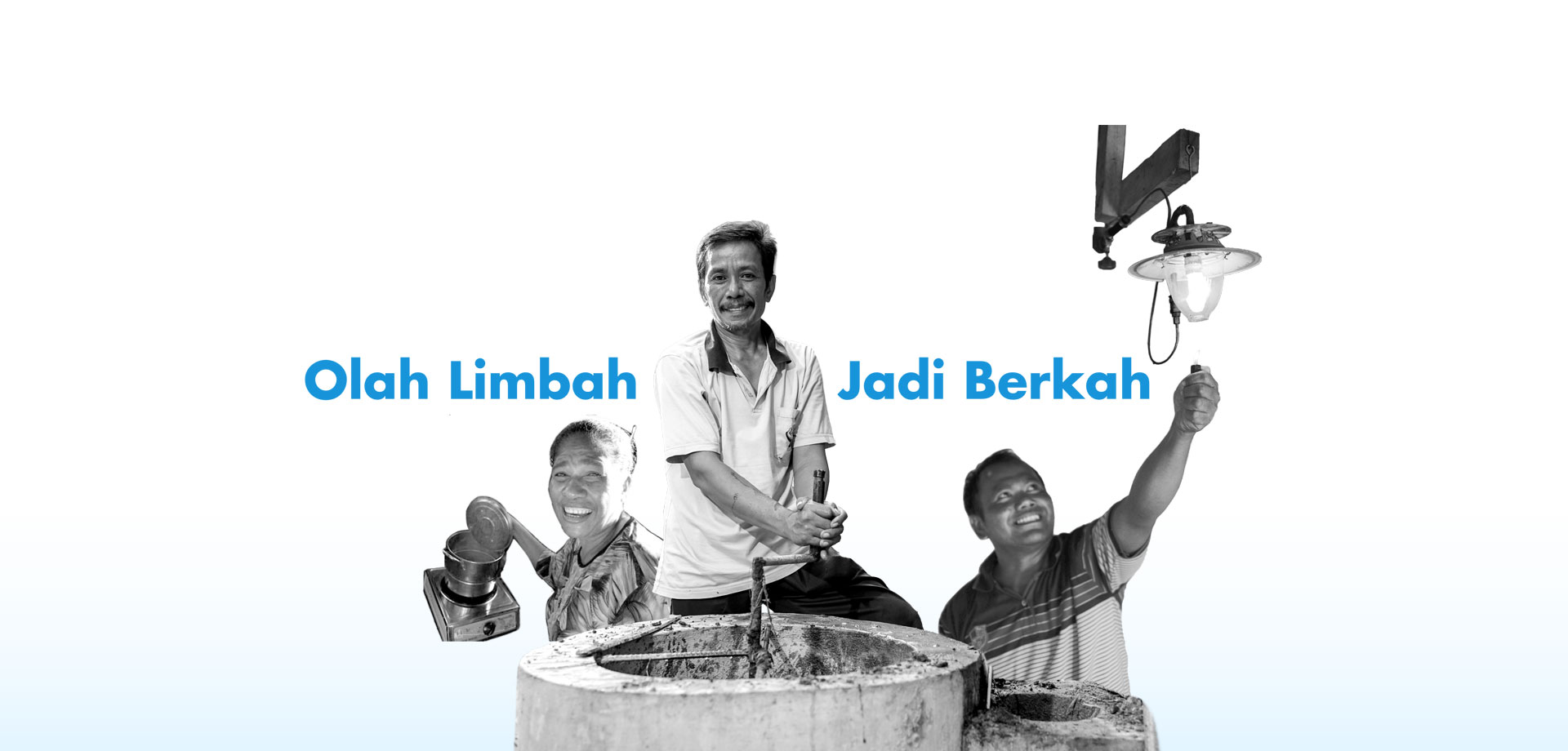BIRU PROGRAM
TRACK RECORD
1. Biogas RESCO Program
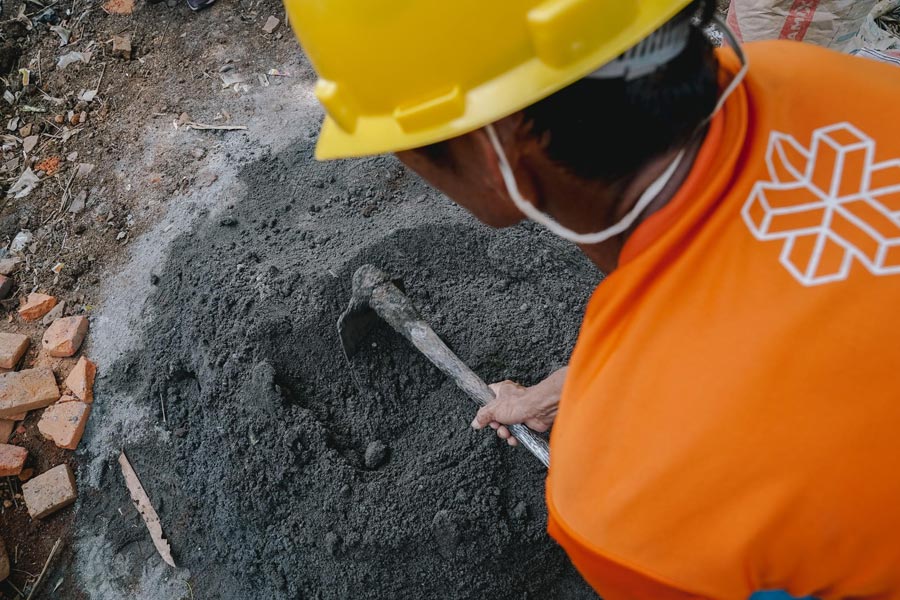
In its implementation, the BIRU program collaborates with multiple parties from various sectors, one of which is the Construction Partner Organization (CPO). This CPO will be responsible for the development and training of biogas users. It can be called the BIRU program field implementation team.
The RESCO program aims as an effort by Yayasan Rumah Energi to maintain the biogas reactor’s quality starting from the resources that run it, namely CPO. The focus of the RESCO biogas program is to provide training for CPOs to face challenges and obstacles in the field.
In collaboration with the Kinara organization (an organization that focuses on incubating and accelerating business with a social entrepreneurship approach), the RESCO program provides training to CPOs to promote biogas on commercial terms. That way, biogas is also able to offer better services with financial resilience.
The RESCO program has provided entrepreneurial skills training and biogas SMEs’ capacity in the four highest-performing provinces. The four sections are Central Java & D.I. Yogyakarta, East Java, NTB, and South Sulawesi.
2. GADING Program
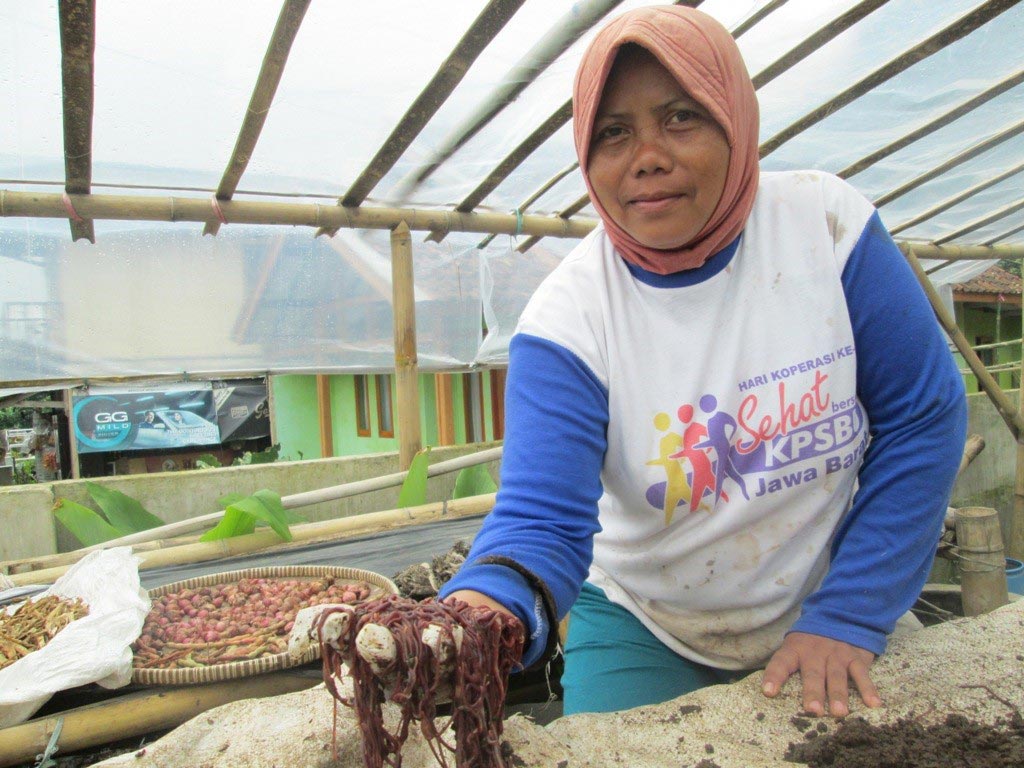
GADING stands for Gathering and Dissemination of Information and Green Knowledge for a Sustainable Integrated Farming Workforce in Indonesia. The GADING program is a program that focuses on workforce development through education and research programs, especially mixed agriculture.
GADING program implements its work in four provinces, namely West Java, Yogyakarta, West Nusa Tenggara, East Nusa Tenggara. The GADING program collaborates with Padjajaran University Bandung, INSTIPER Yogyakarta, Mataram University, and Politani Kupang to run smoothly.
What is meant by mixed farming is combining plant care with livestock care. Therefore, this farming method is suitable and essential for biogas users who use livestock manure as the primary energy raw material. Also, the GADING program develops the use of Lemna plants as animal feed. The use of Lemna plants as animal feed is also suitable for accelerating animal growth and even being healthier.
3. TERANG Program
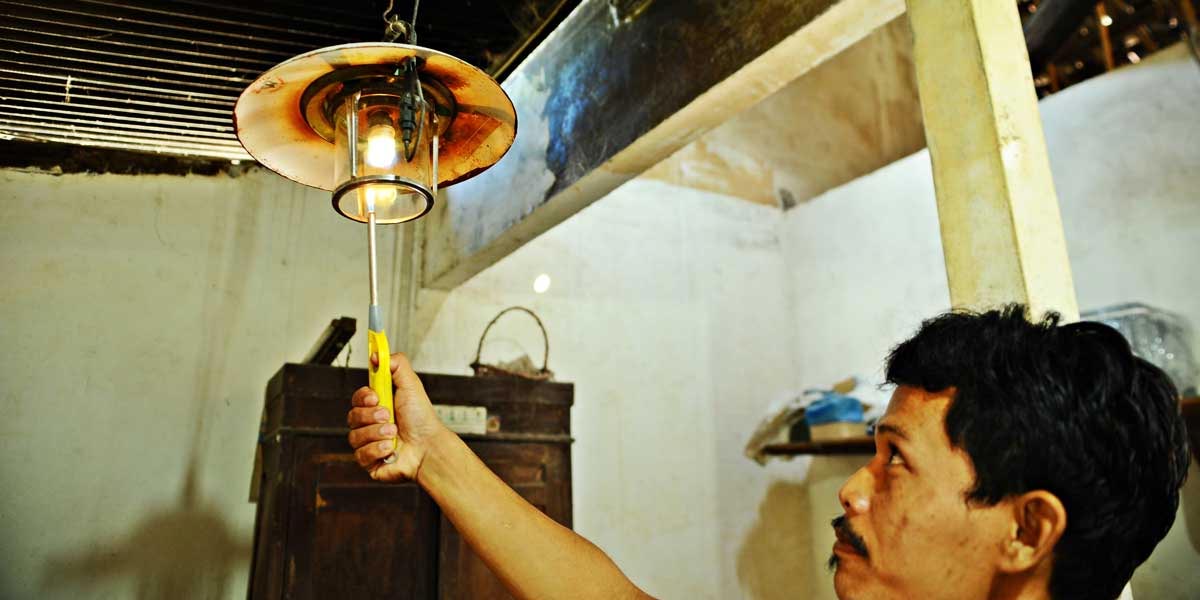
TERANG program (The Investing in Renewable Energy for Rural, Remote Communities) succeeded in realizing 2,221 reactor units in West Nusa Tenggara (NTB), Sumba-East Nusa Tenggara, and South Sulawesi.
Through the TERANG program, the provision of sustainable energy is also expected to Increasing the standard of living of rural communities through renewable energy
One of our data states that in 2015, around 58% of Sumba’s population did not have access to energy. This figure shows that the program to provide access to knowledge and power is essential and indeed needed.
With all the right things, starting from reducing health risks, being environmentally friendly, and opening up opportunities to increase income through its entrepreneurial features.
A sustainable business model for creating markets
To promote the adoption of a sustainable business model in the renewable energy sector, a market is also necessary. Through this program, two outputs are produced, namely:
Creating needs for renewable energy and its applications.
Increase involvement and commitment to participants and gender-sensitive development in renewable energy systems both in government, civil society, and the private sector.
4. Indonesia Domestic Biogas Program in Lampung
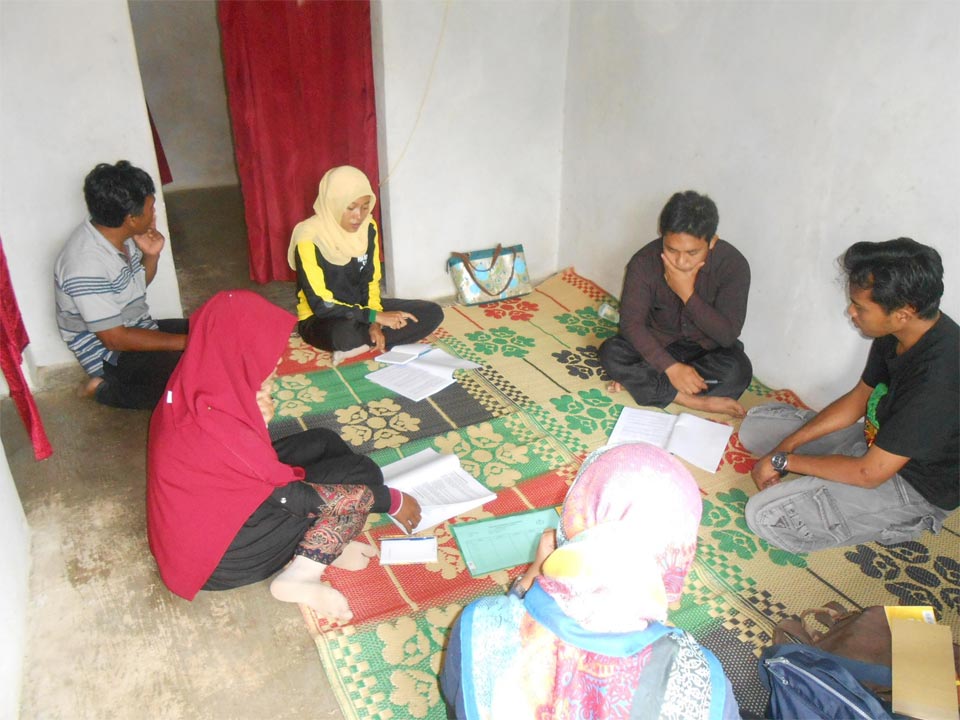
The Indonesia Domestic Biogas Program (IDBP), commonly known as BIRU program, is a Hivos initiative program in 2009 that the Yayasan Rumah Energi implemented in 2013. This program is a form of support for economic prosperity and support for green economy development. Apart from monetary value, this program also supports mitigation programs for the impacts resulting from climate change by increasing domestic biogas on a national scale.
Previously, Yayasan Rumah Energi never had the opportunity to develop a measurement tool for the feasibility of CPOs’ work. Through this program, Yayasan Rumah Energi will start building a success measurement module for CPO capacity development. This program has been specifically focused on the Lampung area.
5. PLN Membiru
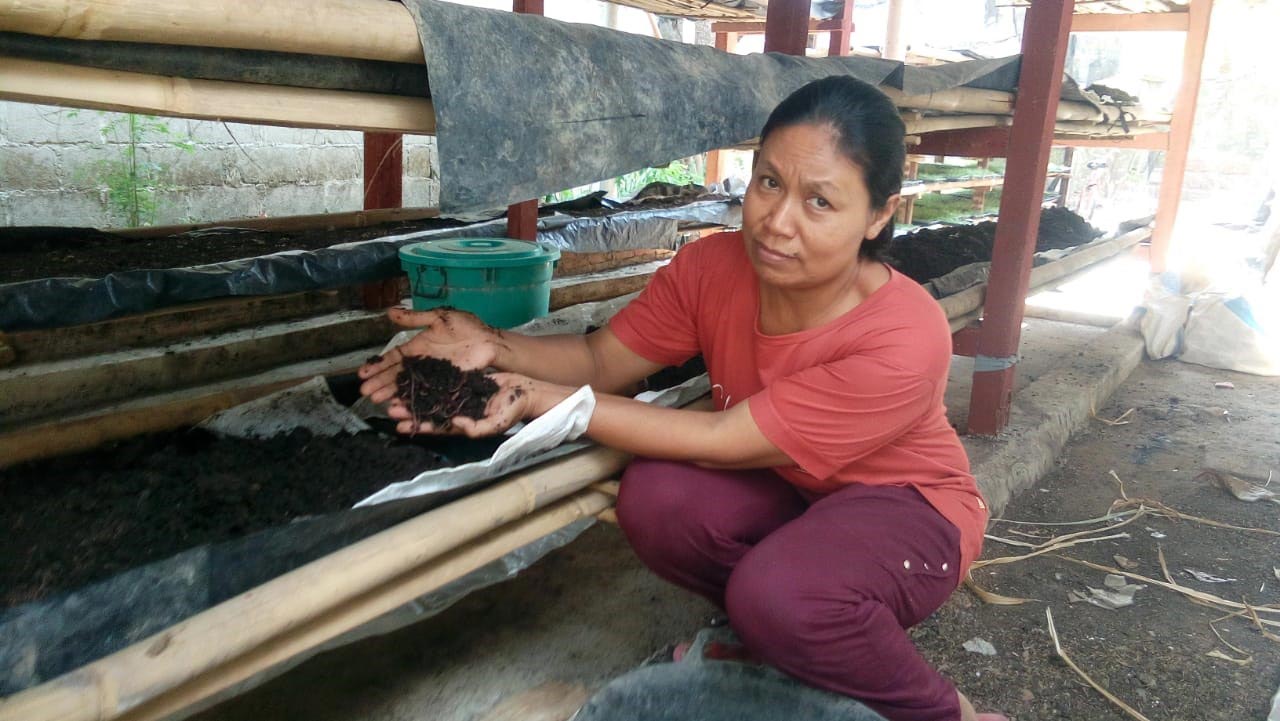
PLN Membiru Program is a biogas reactor procurement program in Lampung by opening up possibilities for development funding partners. This program is still running, and as of September 2019, 40 units of biogas installations have been built.
Starting with the 2016 agricultural survey data, Lampung province has the potential for 665,712 farmer families converted into 300,000 biogas reactors. In addition to the fact that biogas technology can save on daily expenses, it is very suitable for family farmers/breeders. Apart from being good for health and the environment, they can save on costs and the potential to increase income.
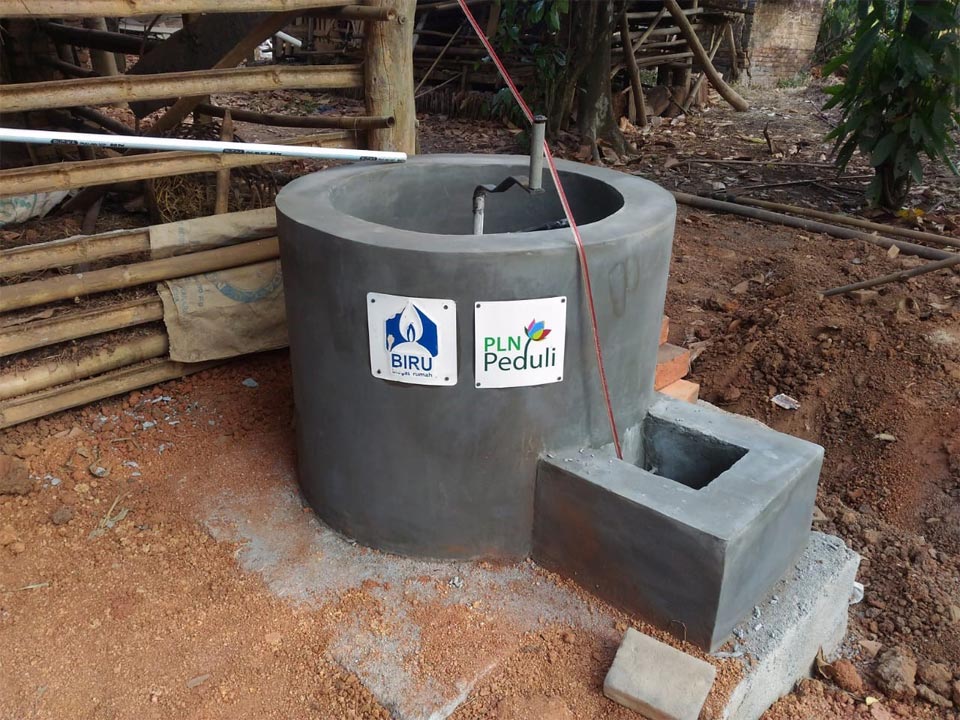
6. ASEAN Energy Award
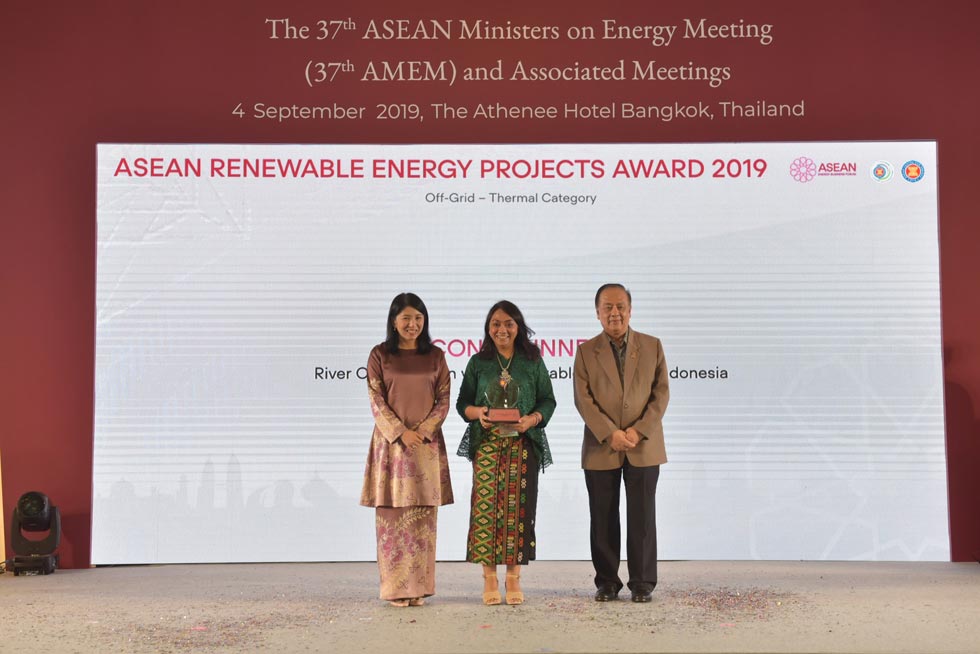
The ASEAN Energy Award is the highest award in Southeast Asia to encourage and realize greater private sector participation in energy development in the ASEAN region by building partnerships with the public sector.
As a token of appreciation for the implementation of energy efficiency and conservation in Southeast Asian countries, the ASEAN Center for Energy (ACE), one of the intergovernmental organizations under ASEAN, held the 2019 ASEAN Energy Award event Bangkok, Thailand.
In 2019, the Yayasan Rumah Energi was awarded the ASEAN Energy Award, which took place in Bangkok, Thailand. Yayasan Rumah Energi received an award for the river conservation program’s success through biogas, which was implemented together with Perum Jasa Tirta II. The award was received by the Executive Director of Yayasan Rumah Energi, Rebekka S Angelyn.

